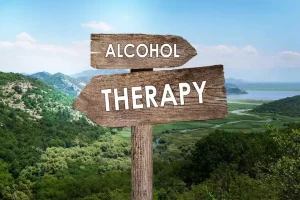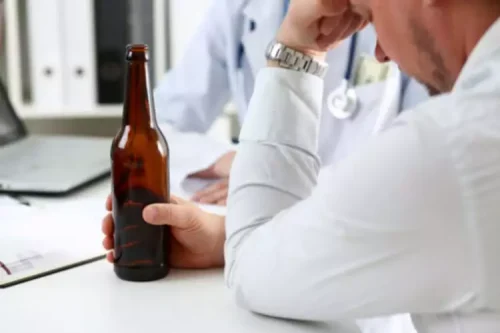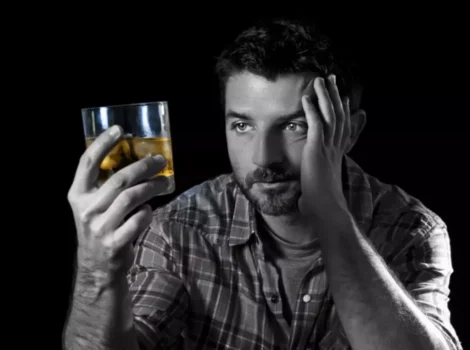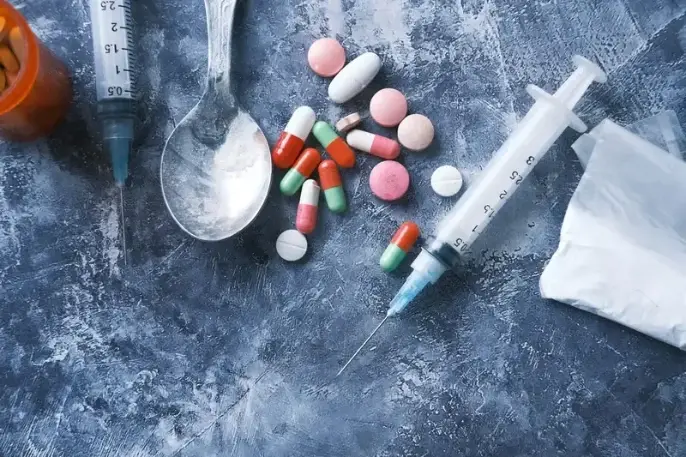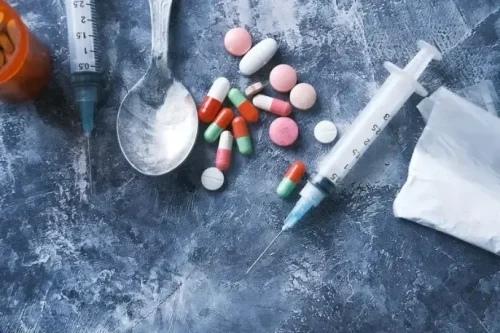Dozens of People Died in Arizona Sober Living Homes as State Officials Fumbled Medicaid Fraud Response Health
Posted on November 29th, 2024 by admin in Sober living | No Comments »
Though AHCCCS claims it worked to connect victims with ‘reputable’ housing, it arranged for just three facilities—all in the Phoenix area—to meet overwhelming statewide need. In July 2022, AHCCCS publicly posted a proposal to set a reimbursement rate of $138 per claim for intensive outpatient addiction treatment. The team responsible for setting rates had determined that amount was in line with industry standards. At the same time, state health inspectors were discovering that Beyond4Wallz failed to supervise staff, according to state health department records. Inspectors also said the company could not provide proof that its counselors were qualified to work with clients. Anders Hustito did not yet know about the fraud in Arizona or that the programs might be enabling his son’s drinking, rather than helping him quit.
In sober living environments, this community plays a crucial role in your recovery process, offering a safe space where you can share experiences, challenges, and triumphs with others who understand the path you’re on. When addiction treatment centers operate sober living homes, such resources as individual therapy, group counseling, and educational seminars may be available. Some homes offer services like career coaching while others emphasize real-world life skills like cooking, cleaning, and budgeting. When you embark on the path to sobriety, finding a supportive environment is crucial.
Understanding the Structure of Sober Living Homes
The goal is to transition to an independent lifestyle, free of substance abuse and addiction. Some SLHs offer intensive outpatient services, including on-site medical care. These homes are often staffed in shifts by psychiatric nurses and licensed clinical social workers, who provide residents with 24-hour supervision and centralized recovery care. While a sober living house doesn’t offer individual or group counseling, it offers structure and support to help you maintain your sobriety.
Introspection in Recovery
The brotherhood between house members empowers everyone to walk through tribulations with much-needed sober house support, and to meet our high standards. They will be able to discuss the best available options and can help locate nearby locations. You can also visit the websites of sober living homes in your area to find one that suits your needs. People can experience specific challenges in recovery depending on their gender.
Different Levels of Sober Living Homes
However, they aim to make these fees (paid in the form of rent) affordable. One way they do this is by structuring their rooms for a semi-private living situation (meaning two people will often share a room). Even so, rent can vary greatly, with some rooms available from $500 up to $900 or more a month. Costs will differ depending on the living situation (private vs. shared room), staff pay rates, and, most significantly, the home’s location. This built-in support system allows residents to avoid the isolation of returning home while recovering.
Treatment programs are available to help individuals overcome these issues and live a healthy, sober life. Many sober living homes provide essential life skills training to help residents navigate everyday life within a supportive sober living community. Sober living homes typically incorporate group therapy, and most sober living homes function similarly to a halfway house, offering support from sober peers to promote lasting recovery.
Failure to Treat Addiction Is Leading to Unnecessary Deaths
- Nighttime is often reserved for free time when you can call loved ones, read books, or watch television.
- We do not receive any fee or commission dependent upon which treatment or provider a caller chooses.
- If your home still holds the people and things that trigger your substance use, returning could cause you to relapse.1 Sometimes it helps to separate from the people and places contributing to your addiction.
- The sober living homes in Orange County establish a solid foundation for recovery within a therapeutic environment that offers comprehensive support for all residents.
Like any treatment option, sober living houses have plenty of benefits and drawbacks. If you’ve recently relapsed, then sober living residences could be a good option. If you’re struggling with triggers and feeling overwhelmed, then a drug and alcohol-free environment can be helpful.
The History of Sober Living Houses
Sober living homes provide a bridge between rehabilitation and returning to the world with a stronger foundation for your sobriety. These homes offer numerous benefits that can significantly improve your chances of maintaining long-term sobriety and leading a healthier, more fulfilling life. Addiction can be isolating, but in sober living homes, you are surrounded by individuals who understand the struggles and challenges that come with recovery. This shared experience fosters strong bonds and support networks that are invaluable during tough times. But you shouldn’t start a new relationship within the first year of recovery. If you’re worried about being distracted by the opposite sex, consider staying at a gender-specific facility.
The Impact of March Madness on Addiction
It provides a safe environment for people to focus on their recovery after substance abuse treatment. First, if you’re recently leaving a rehab stay or have just wrapped up an outpatient program, a sober living facility may provide you with the structure you need. Something important to note is that sober living houses are not the same as halfway houses. While they are both residences designed to support folks in maintaining sobriety and transitioning back into society, there are some key differences. Sober housing is crucial in a recovery program as it provides affordable housing and stable housing to support ongoing sobriety.
Navigating the path to recovery from addiction often requires more than just completing a treatment program; it requires embracing a lifestyle that supports sobriety and long-term wellness. Alcohol addiction can severely impact relationships, finances, careers, and health, making timely intervention and sober living programs essential in addressing these issues. Sober living programs provide individuals with a supportive environment where they can transition from treatment facilities back into society while maintaining their commitment to sobriety and avoiding drug and alcohol use. Recovering addicts benefit from this structured and supportive environment, which helps them maintain sobriety and manage co-occurring mental health disorders. Unlike rehab centers, which are part of a formal addiction treatment program, sober living homes do not always require prior involvement in such programs.
- Sober living homes can offer numerous benefits to individuals in recovery by providing a structured and supportive environment that emphasizes abstinence from substances.
- There are also plenty of independent sober living houses that have not changed their protocols much since the late 1940s when these residences came to be.
- You can enjoy healthy meals in the evening, followed by group therapy sessions.
- Navigating the path to recovery from addiction often requires more than just completing a treatment program; it requires embracing a lifestyle that supports sobriety and long-term wellness.
- Sober living plays a pivotal role in this process, offering a structured yet flexible environment where you can forge a path toward a substance-free life.
- This aspect of sober living ensures that you not only work on staying sober but also on rebuilding your life and securing a stable future.
About Samba Recovery
When you’re looking for a sober recovery home, be sure to ask what’s included in the monthly rate and what is extra. Some examples of additional services may include transportation to appointments, recovery coaching, meals and gym memberships. But when considering some of the services offered, make sure they’re services that help support your sobriety. Part of living in recovery is “showing up for life,” meaning doing things for yourself https://appsychology.com/living-in-a-sober-house/ that make you a successful, contributing member of society.
By providing a structured, supportive environment free from drugs and alcohol, these homes offer essential resources that help residents maintain their sobriety. However, it’s crucial for individuals to evaluate their specific needs and circumstances to determine if this type of environment is the right choice for their recovery journey. A sober living home or sober living facility helps individuals recovering from drug or alcohol addiction with structured house rules. Most sober living homes, sober living facilities, and halfway houses work with drug or alcohol treatment centers to provide mental health treatment for such a person. In particular, sober living and halfway houses can help somebody maintain recovery by providing a safe, sober environment.
This structure creates a sense of discipline and responsibility, essential qualities for a successful recovery journey. Sober living homes provide a safe and drug-free environment for individuals who are committed to maintaining their sobriety. With rules that encourage personal responsibility and a support system that fosters growth, these homes play a crucial role in the recovery process. Whether you’re newly sober or looking to strengthen your commitment to sobriety, understanding the role of sober living homes is a vital step in your journey.







